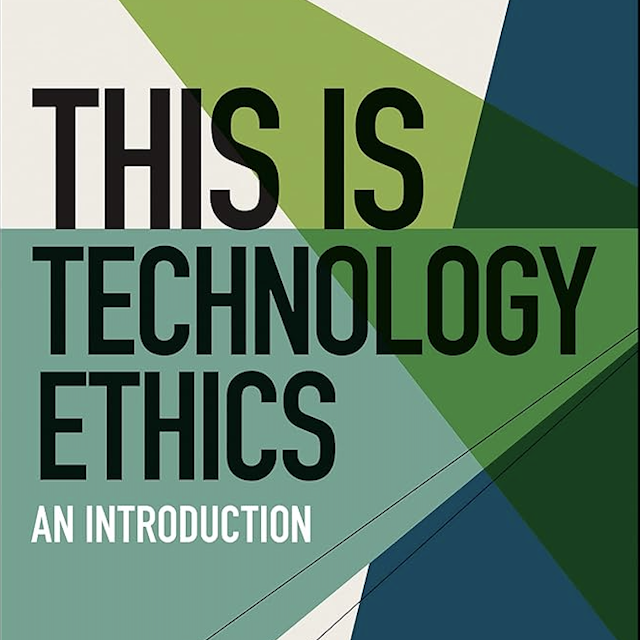
 Philosophical Disquisitions
Philosophical Disquisitions TITE 8 - Machines as Colleagues, Friends and Lovers
Dec 20, 2023
The podcast explores the ethical implications of relationships with machines, including friendships, working relationships, and intimate relationships. It discusses parallels from fiction and real-world examples, such as soldiers bonding with robots. The podcast also delves into the dynamics of forming connections with chatbots, military robots, workplace robots, and love dolls. It explores philosophical models of friendship in relation to robots and raises concerns about ulterior motives. The impact of ulterior motives on relationships, diverse emotional dispositions towards robots, and the ethics of scholarship on AI are also discussed.
AI Snips
Chapters
Transcript
Episode notes
Soldiers Bond with Robots
- Soldiers in Iraq formed strong attachments to robots, sometimes holding funerals for destroyed ones.
- This illustrates real emotional bonds between humans and robots in extreme situations.
Users Form Bonds with Replica Chatbot
- Many users regarded the chatbot Replica as their best friend or romantic partner before features were removed.
- Some users adapted deeply to the evolving conversational AI despite occasional knowledge errors.
Link Between Moral Patients and Relationships
- Moral patienthood and intimate relationships share a link in needing subjectivity or awareness.
- Relationships require qualities similar to moral patient criteria, bridging ethics and relational concepts.

